SarhindTimes Cities Desk | Gurugram, Haryana
Date: October 8, 2025
In a bold attempt to institutionalize waste discipline, the Municipal Corporation of Gurgaon (MCG) is considering levying a “cleanliness fee” for any gathering exceeding 100 people under its proposed Solid Waste Management Bylaws 2025. The draft, prepared in coordination with Haryana’s Urban Local Bodies department, also mandates automatic annual escalation of user charges, stricter source segregation, and compliance by bulk waste generators.
I. Background & Context
Gurgaon has long grappled with municipal waste challenges—overflowing bins, illegal dumping, clogged drains, open burning, and inadequate accountability. The city’s rapid growth, large commercial zones, and dense private complexes have stressed existing sanitation systems. Past efforts by MCG to issue fines (e.g. notices to Bulk Waste Generators, BWGs) and impose penalties have had limited impact.
To overhaul that, MCG’s new draft bylaws propose a sweeping framework to institutionalize waste handling, increase civic accountability, and gradually shift public behavior toward collective responsibility. Provisions in the draft apply not just to residents, but also to events, societies, institutions and commercial outlets.
The “cleanliness fee” clause is among the more visible and controversial elements. Its proponents see it as a deterrent to irresponsible behavior and a revenue tool for enhanced waste services. Critics question implementation, fairness, and the capacity of enforcement.
II. Key Provisions of the Draft Bylaws
Below is a detailed breakdown of major elements in the proposed Solid Waste Management & Handling Bylaws 2025:
1. Cleanliness Fee / Deposit for Events
- Any event with more than 100 attendees will need prior intimation to MCG and submission of a cleanliness deposit or fee.
- The aim is to ensure sufficient planning for waste collection, segregation, disposal, and post-event cleaning in surrounding public areas.
- Organizers will be held accountable for littering, mis-segregated waste, or overflow in adjoining areas.
2. User Charges & Annual Indexation
- The draft proposes graded user charges for doorstep waste collection tied to property size. As per the draft:
- Rs 100 for up to 50 sqm
- Rs 200 for 50–200 sqm
- Rs 310 for 200–500 sqm
- Rs 410 for 500–1,000 sqm
- Rs 510 for above 1,000 sqm
- Subsidized or minimal charges (Rs 50) for BPL, EWS, slum or notified houses
- These charges will escalate automatically by 5% annually to keep pace with costs.
- Outstanding dues may be recovered as property tax arrears.
3. Strict Segregation & Multi-bin System
- Households, offices, shops must segregate waste at source into at least three categories: biodegradable, non-biodegradable, and domestic hazardous waste.
- The draft also aligns with proposals from MCG’s plans to adopt a five-bin system (green, blue, red, yellow, black) for finer categorization, including e-waste, sanitary waste, etc.
- Bulk Waste Generators (hotels, societies, institutions) must treat wet waste onsite via composting/biogas, failing which MCG permission is required for external offsite disposal.
4. Penalties, Enforcement & Legal Recuperation
- Violations (non-segregation for more than 3 days, open dumping, burning waste) attract fines.
- In extreme cases, illegal dumping on public spaces, drains or open plots may fetch significant fines or legal action.
- MCG has the power to recover unpaid user charges via property tax or legal means.
- Enforcement will be centralized under MCG jurisdiction and its sanitation inspectors, bypassing external agencies.
5. Extended Scope: C&D, Biomedical, Plastic, E-waste
- The bylaws bring under compliance: Construction & Demolition waste, horticulture waste, biomedical waste, single-use plastics, and e-waste.
- Burning, dumping or offering unsegregated waste will no longer be tolerated legally.
- Pet owners must clean up after their pets in public areas.
III. Stakeholders’ Reactions & Concerns
Supportive Voices
- MCG & State Officials argue the fee is not punitive but preventive: it will help MCG ensure resources (labor, vehicles, disposal) are adequate for planned waste management and avoid unplanned burden on public spaces.
- Civic Activists & RWAs (Resident Welfare Associations) have shown conditional support, stating that along with regulation, awareness drives, subsidies (for composting units) and technical help are essential.
- A leader from Making Model Gurugram commented, “Gurgaon needs citywide awareness and education campaigns, along with technical support & training. Waste units must be planned thoughtfully, and BWGs shouldn’t have the option to opt out.”
- Many believe the framework, once refined with public feedback, can serve as a model for other Haryana cities.
Concerns & Challenges
- Affordability & Equity
- Smaller event organisers (weddings in remote sectors or community halls) may find the deposit/fee burdensome.
- Enforcement consistency is key—residents fear selective imposition.
- Implementation Capacity
- MCG needs a robust inspection and grievance redress mechanism. Without staff, tech support and monitoring, rules may remain on paper.
- Resistance & Compliance
- Many existing event setups, markets and complexes will need retrofitting (bins, disposal lines).
- Without quick feedback correction, citizens may view this as another “tax” rather than a service-linked charge.
- Technical & Logistical Support
- For BWGs and complexes that can’t install composting or biogas onsite (space constraints, cost), alternative technical subsides must be provided.
- Monitoring, tracking and audit trails must be foolproof to avoid leakages.
IV. Projected Impact & Wider Implications
If successfully implemented, the bylaws can usher in:
- Cleaner public spaces: fewer littered areas after events, safer pavements, less clogging of drains.
- Behavioral shift: when organizers and communities see direct cost for mismanagement, they may plan better waste control.
- Financial sustainability for MCG: the deposit fees + automatic hike may fund better logistics, infrastructure, awareness, and enforcement.
- Template for scalable implementation: other Haryana cities (Panchkula, Yamunanagar) could adopt this model.
- Better compliance with national policies: aligning with the Swachh Bharat Mission’s push, plastic waste rules, e-waste rules, etc.
On the flip side, an unsuccessful rollout—delays, opaque fines, lack of enforcement—may fuel backlash, litigations, and political pressure.
V. Implementation Roadmap & Next Steps
- Public Consultation & Feedback
- The draft must be posted online and in municipal offices for a fixed period for public suggestions.
- RWAs, event management associations, NGOs, and legal experts must be invited for stakeholder workshops.
- Pilot Zones & Phased Rollout
- Instead of citywide rollout at once, MCG may pilot the scheme in key zones (e.g. Sectors 28–40 or commercial zones) to test process, compliance and public acceptance.
- Adjust based on lessons before broader scale.
- Capacity Building
- Recruit or train additional sanitation inspectors, grievance redress officers, field supervisors.
- Deploy a digital monitoring portal (mobile app) for tracking “event waste plans,” fee submissions, inspections, violations.
- Awareness & Incentives
- Media campaigns, pamphlets, local RWA meetings, social media outreach explaining how to segregate, dispose, and avoid penalties.
- Incentives: discounts on user charges for complexes that show consistent compliance; rebates for early fee submission.
- Technical & Financial Support to BWGs
- Subsidies or soft loans for composting units or bio-digesters.
- Alternate compliance routes for constrained premises (e.g. shared waste processing hubs).
- Strict Monitoring & Accountability
- Publish monthly compliance reports, violation logs, and revenue usage.
- Grievance redress systems, citizen helplines, and channels for objections.
Final Word
The proposed “cleanliness fee” is not just a revenue measure—it is a lever for shifting civic culture, enhancing accountability, and modernizing municipal governance. Its success will depend on clarity, fairness, strong enforcement, and citizen participation. If implemented well, Gurgaon may set a benchmark for urban waste management reform in Haryana and beyond.











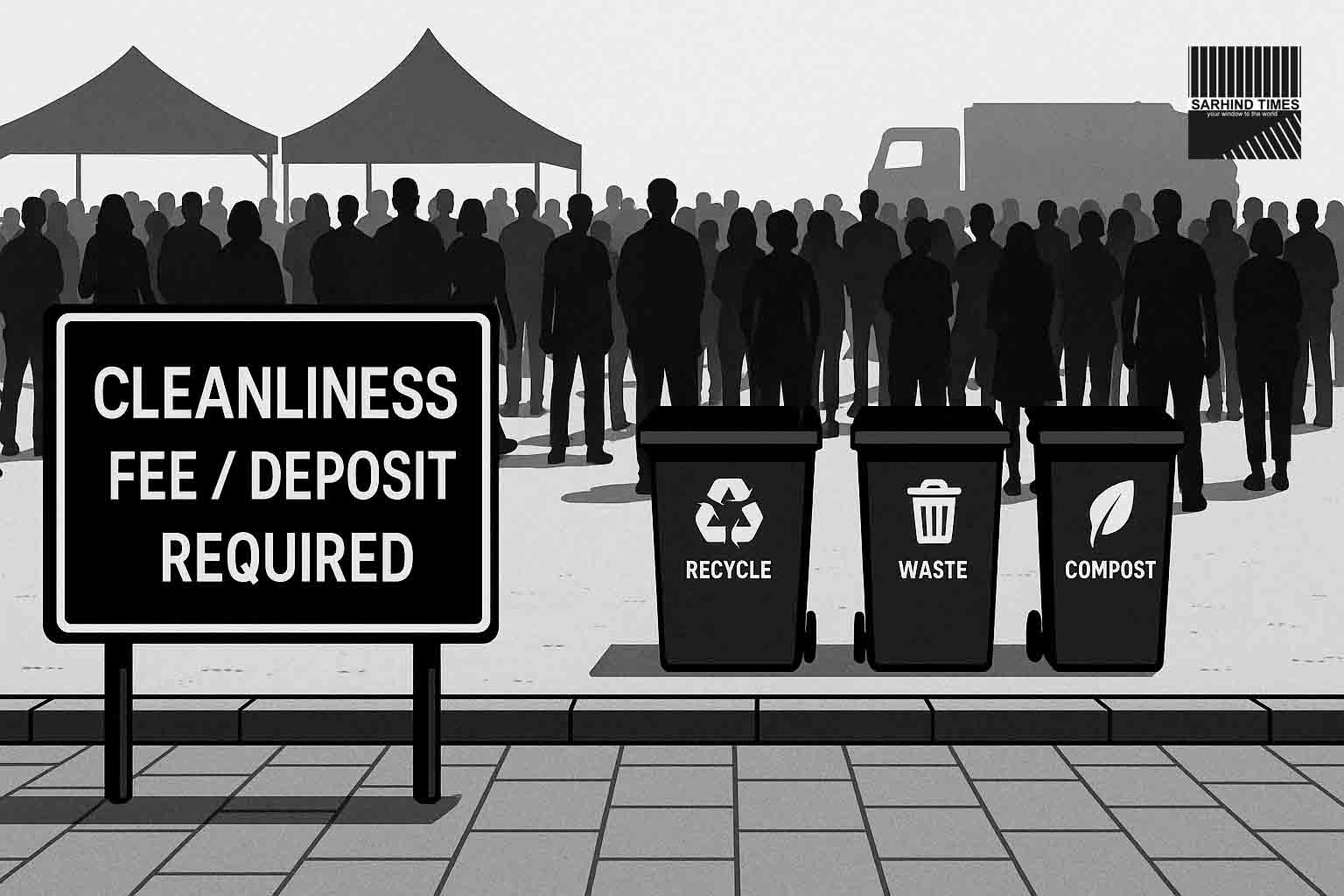
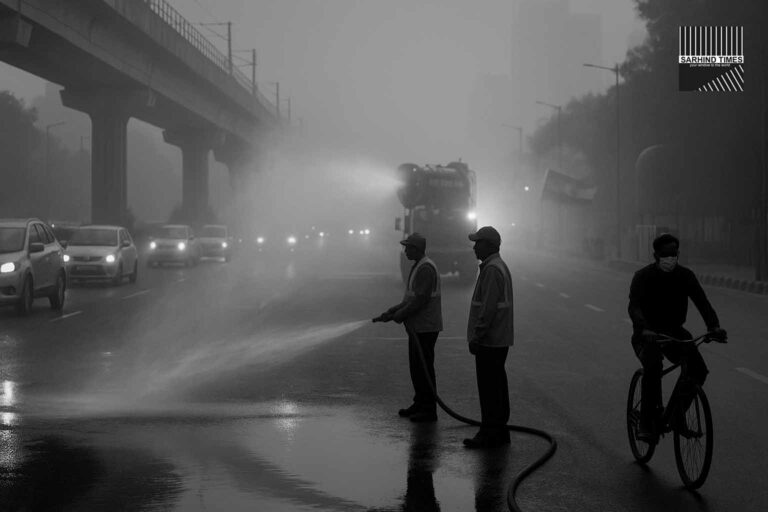







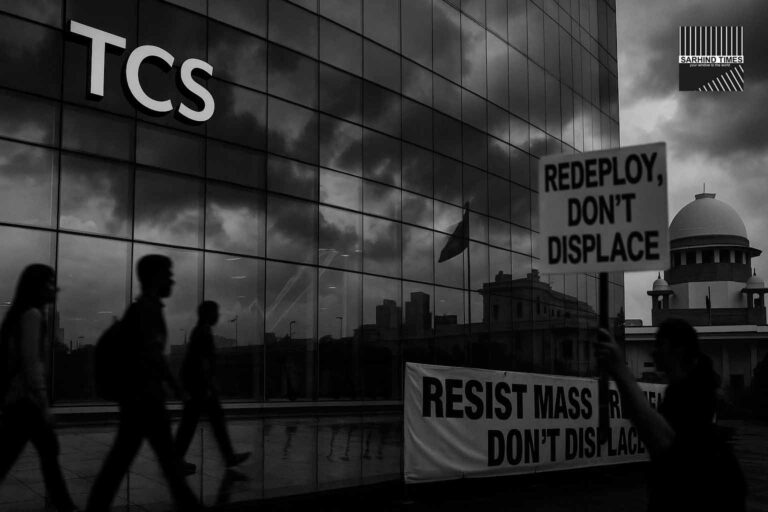
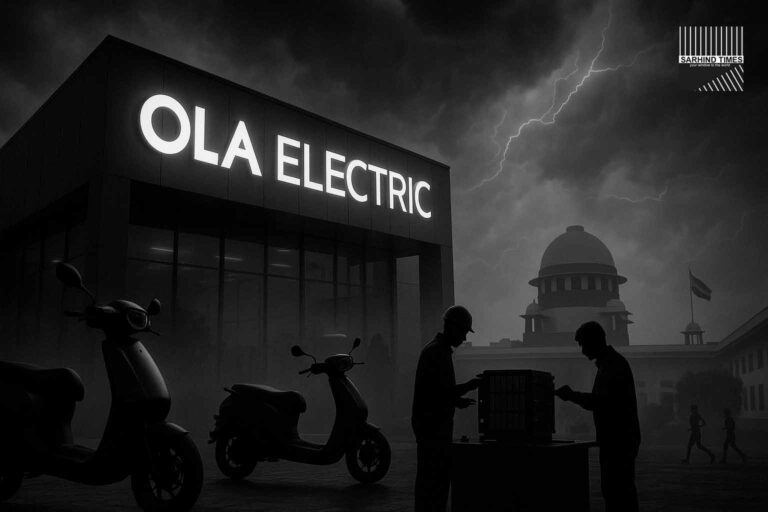

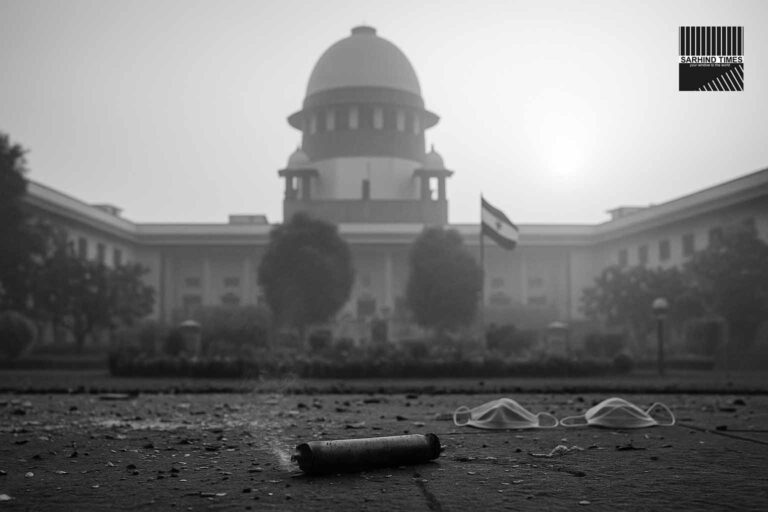
+ There are no comments
Add yours